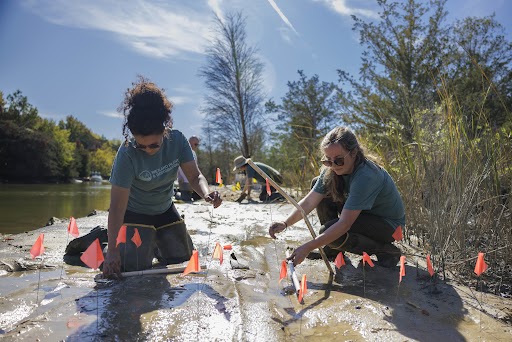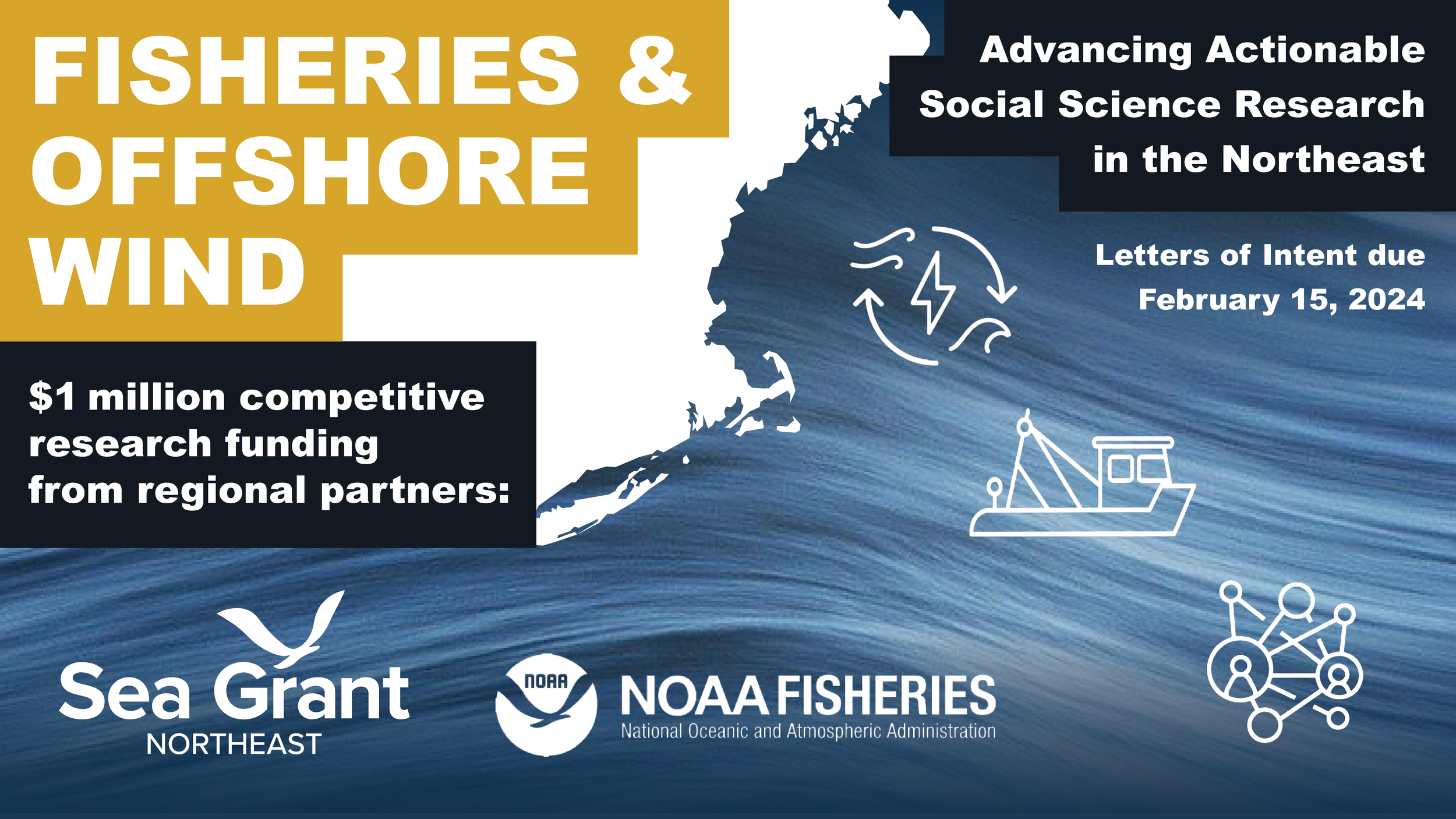Michigan Sea Grant coordinated the Clean Marina program in partnership with Wisconsin and Ohio Sea Grant programs
The Green Marina Education and Outreach Project has resulted in 69 Clean Marina certifications, approximately 5,000 best management practices implemented, and more than 2,200 individuals participating in Clean Marina workshops. Michigan Sea Grant coordinated the project in partnership with Wisconsin and Ohio Sea Grant programs. Marinas across the Great Lakes have joined a network to share ideas and promote education about protecting our waters for swimming, fishing and boating.
Clean Marina programs encourage marina operators and recreational boaters to protect water quality by engaging in environmentally sound and economically feasible best management practices. The outreach project began several years ago as a Great Lakes Restoration Initiative grant and, as a result of past progress, continued into 2014 on a second wave of funding.
“This project is successful because marina operators, resource managers and Sea Grant advanced existing Clean Marina efforts and helped foster new programs in the region,” said Michigan Sea Grant’s Elizabeth LaPorte, director of communications and education and co-investigator on the project. “We took a big step forward to protect Great Lakes water quality by working with many partners.”
The project facilitated development of the Great lakes Clean Marina Network to provide an ongoing regional community and an open forum for Clean Marina program representatives to share experiences and insight. Michigan, Wisconsin, Ohio, Indiana, Illinois and Minnesota have active Clean Marina certification programs. Representatives from Pennsylvania and New York that support clean boating programs also participate.
An early focus of the project was to examine best management practices (BMPs) applied throughout the region. This resulted in the Great Lakes Clean Marina Best Management Practices Guide, a publication outlining best management practices for marina operators, which were then integrated into the online Clean Marina Classroom.
Phase II: Boater Education and Clean Marina Promotion
Now in Phase II, the partners on the project continue to promote the Clean Marina Classroom as a regional tool and work to increase participation in training and education among marinas in Great Lakes states. For example, five marinas in the Chicago area recently recently completed the Classroom developed by Michigan Sea Grant. Completing the training is a critical step in the process of Clean Marina certification. These new new participants in Chicago will help build the newly formed Illinois Clean Marina program’s momentum.
The project focus has also shifted to boater outreach and promoting awareness of Clean Marina programs. Michigan Sea Grant recently led the development of several tools for marina operators as well as boaters. One such tool is the pollution prevention and recycling kits that provide marina staff and boaters with components and information to reduce the risk of polluting the Great lakes.
Kits include:
- Fuel bibs, small booms and rags to prevent or clean up minor petroleum drips and leaks (gasoline and oil).
- Trash bags to collect trash and recyclable materials for disposal on shore.
- Materials to help promote stewardship among boaters, including tip sheets, brief handouts, fact sheets, directions on how to create a pollution prevention kit, and videos.
- Display holders and guidance on how to use the kit to educate boater patrons at certified Clean Marina facilities.
- Waterproof duffel bag to hold all of the items.
A total of 150 pollution prevention and recycling kits were distributed throughout the Great Lakes. Also, nearly 350,000 boater tip cards have been circulated to assist marinas with boater education.
Additional Partners
Project collaborators include universities, state agencies and marina industries, such as the Michigan Boating Industry Association, the Michigan Department of Environmental Quality, the Indiana and Wisconsin Coastal Management programs, the Wisconsin Marine Association, the Wisconsin Department of Natural Resources, the Lake Erie Marine Trades Association, the Midwest Marina Association, and the National Association of Marina Industries. Additional collaborators include NOAA and Coastal Zone Management Programs, Lake Michigan Lakewide Management Plan Forum and others.


